Scoliosis Management – 4 Foods to Focus On
By Nmami Agarwal 03-Jun 2020 Reading Time: 5 Mins

Scoliosis is an abnormal curvature in the spine which occurs during growth, just before puberty. This condition is common in adolescents. The main cause behind the development of scoliosis is unknown and doctors are still trying to understand it better. The initial symptoms of scoliosis are mild but the pain and deformities can increase with age, resulting in disability. Even though there is no definite cause determined for scoliosis, some possibilities that can lead to this disorder are genetic conditions, cerebral palsy (nervous system disorder which affects movement, learning, and hearing), spinal injuries and birth defects.
The most common and identifiable symptoms of scoliosis are one shoulder is higher or it sticks out more than the other shoulder, rotating spine, uneven hips, back pain, difficulty in breathing, rib pain, and chest pain. Due to an uneven structure of the spine, the functioning of the heart and lungs is also compromised. This disorder is more common in girls as compared to boys and is usually diagnosed at a young age.
Scoliosis can be diagnosed by the doctor through various methods such as a physical exam, X-ray, MRI scan, CT scan or bone scan. This will give a clearer picture of the abnormalities, damage, and severity of the disorder. The type of scoliosis, your age and the type of curvature are some factors that the doctor takes into consideration. The doctor will then decide the course of treatment to cure your scoliosis.
Nutritional deficiency can also trigger the progression of scoliosis. Consuming a healthy and well-balanced diet rich in nutrients can significantly reduce the development of scoliosis.
Here are four food items that are nutritious and beneficial for managing scoliosis:
- Fresh fruits: Inflammation contributes to the progression of scoliosis. Avoiding junk and fried food, sweets, and soft drinks are necessary. Eating fresh fruits proves beneficial as they are full of fiber and vitamins. Add apples, oranges, berries, peaches, pears, and papaya to your diet. You can add fruits in yogurt and eat it as a healthy snack.
- Vegetables: Consume green leafy vegetables such as kale, spinach, cauliflower, avocado, green peas, and broccoli to provide your body with the right nutrients. Drink vegetable juices and try making healthy bowls of salad instead of munching on fatty and fried foods.
- Protein: Including foods rich in protein like chickpeas, lentils, kidney beans, soy, eggs, and lean meat will give your muscles enough strength to support a healthy spine
- Vitamin D and calcium: Bone health is compromised due to scoliosis. Strengthening your bones, therefore, becomes a priority for scoliosis patients. Getting the right amount of calcium and free from saturated fats is important. Consumption of vitamin D improves the absorption of calcium in the body. Eggs, fish, and cereal are good sources of vitamin D.
Footnote
Drink more water and lower down your alcohol consumption. Reduce the intake of salt, greasy foods, caffeine, sugar, and consume only low-fat dairy products to avoid any inflammation. Switch to herbal tea instead of caffeine and whole-grain bread/ grains instead of white bread.



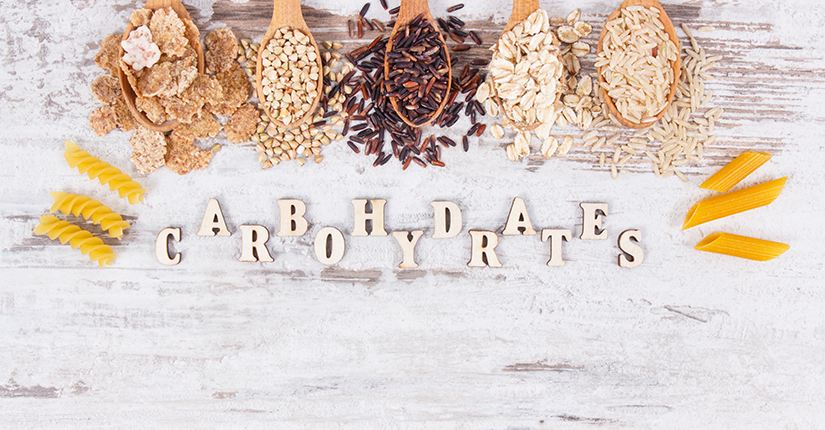

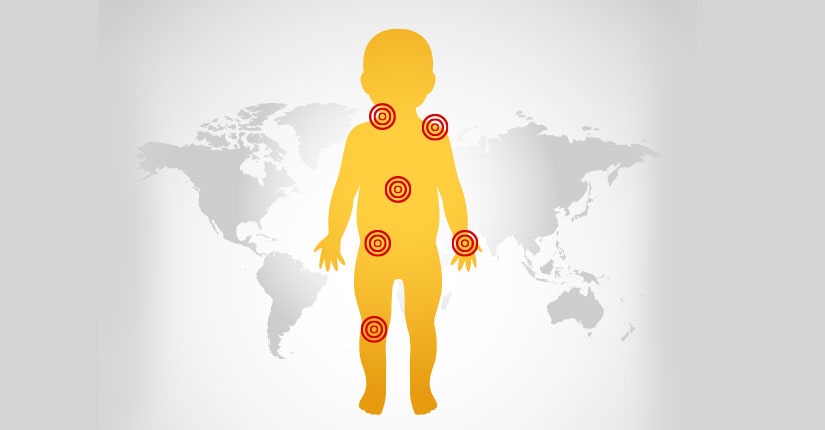


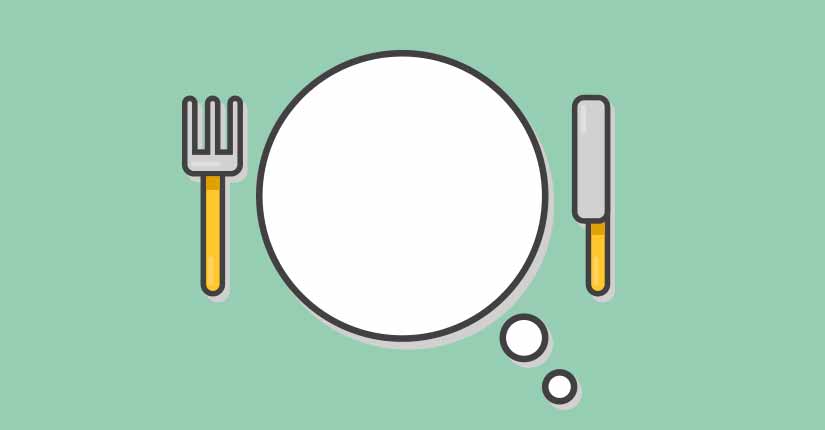







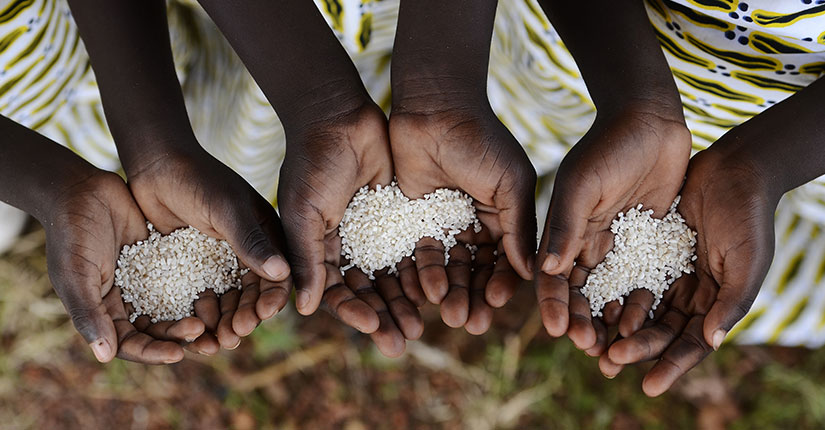



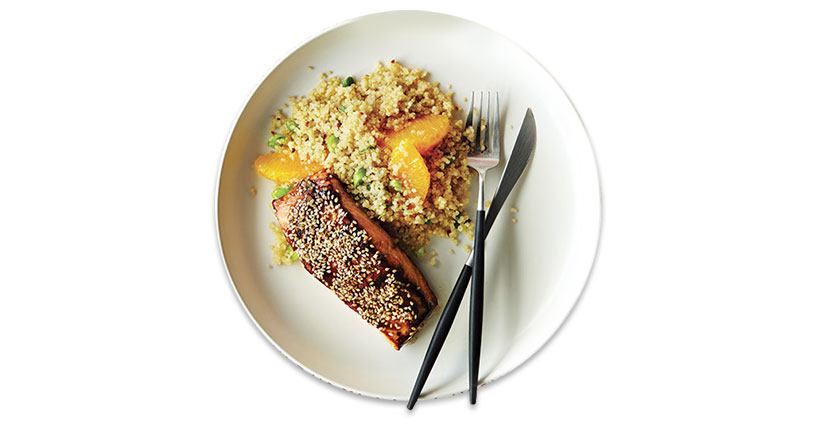
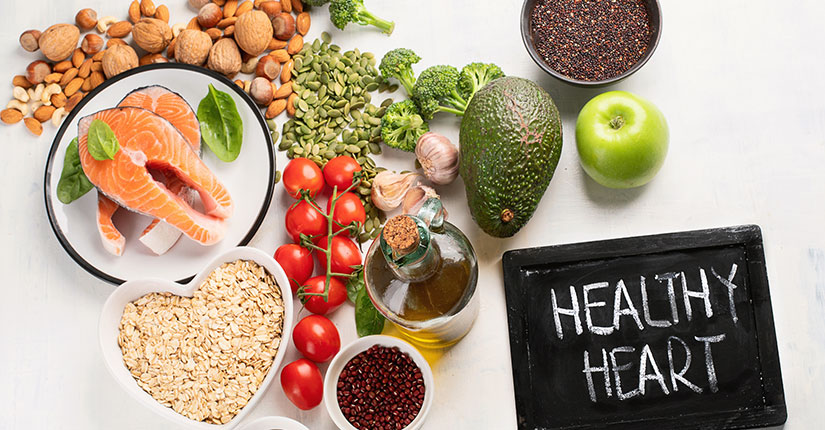
Thanks for this one ma’am.
Thank You
Thanks for the information, it’s very informative.